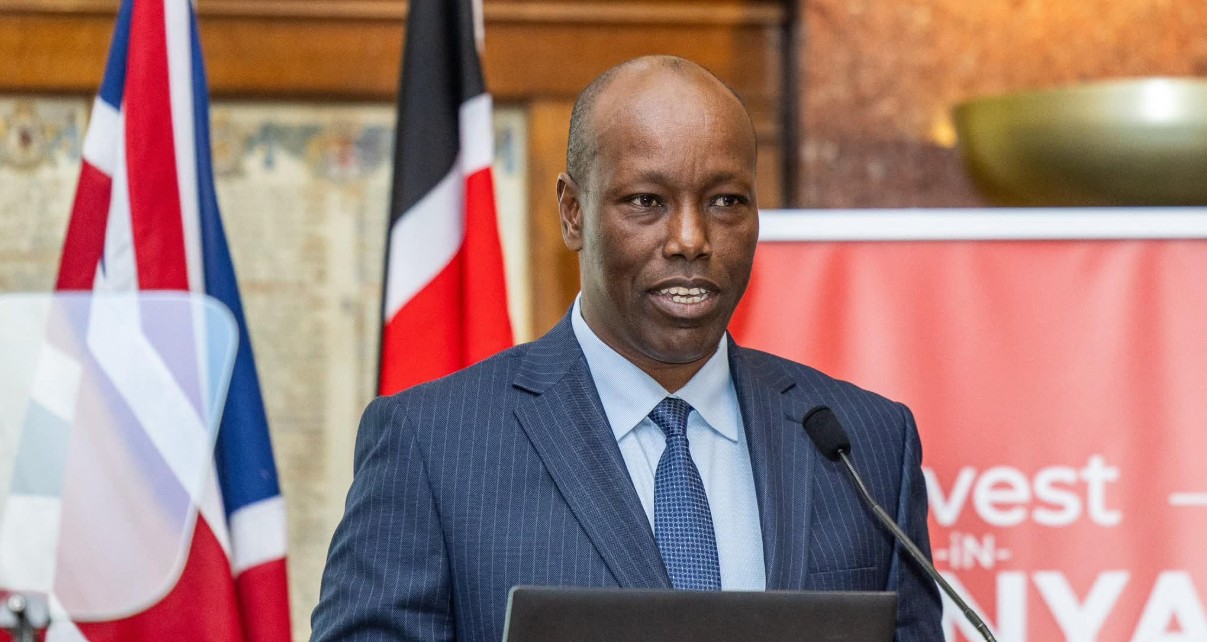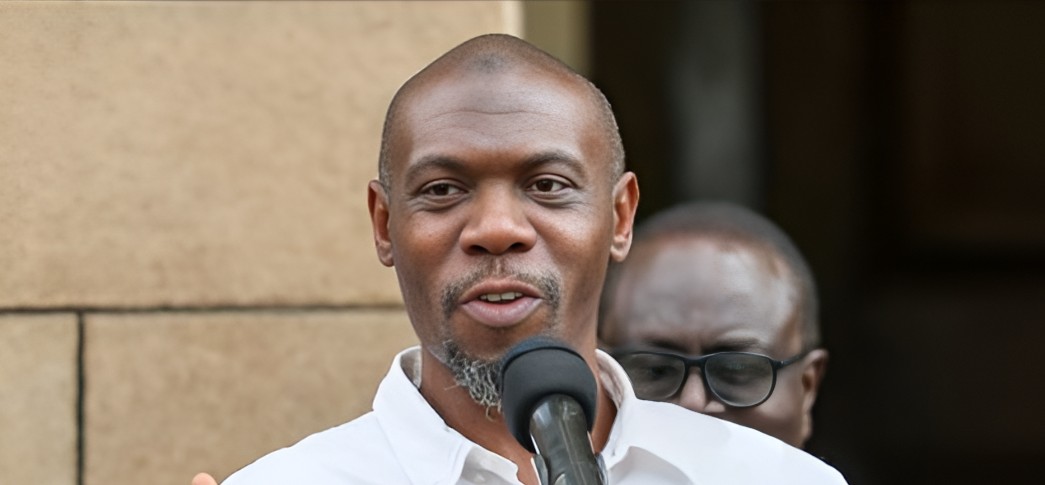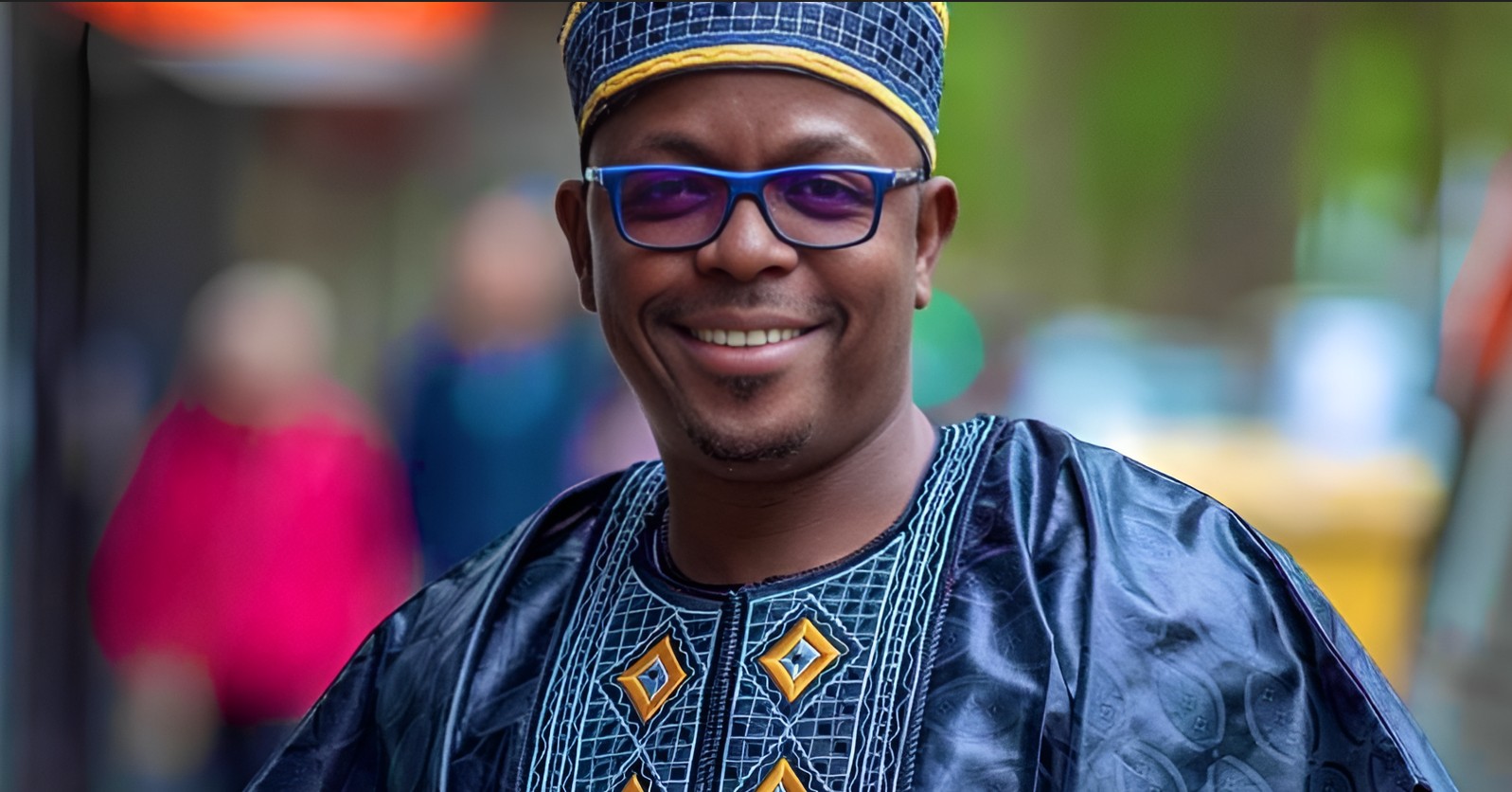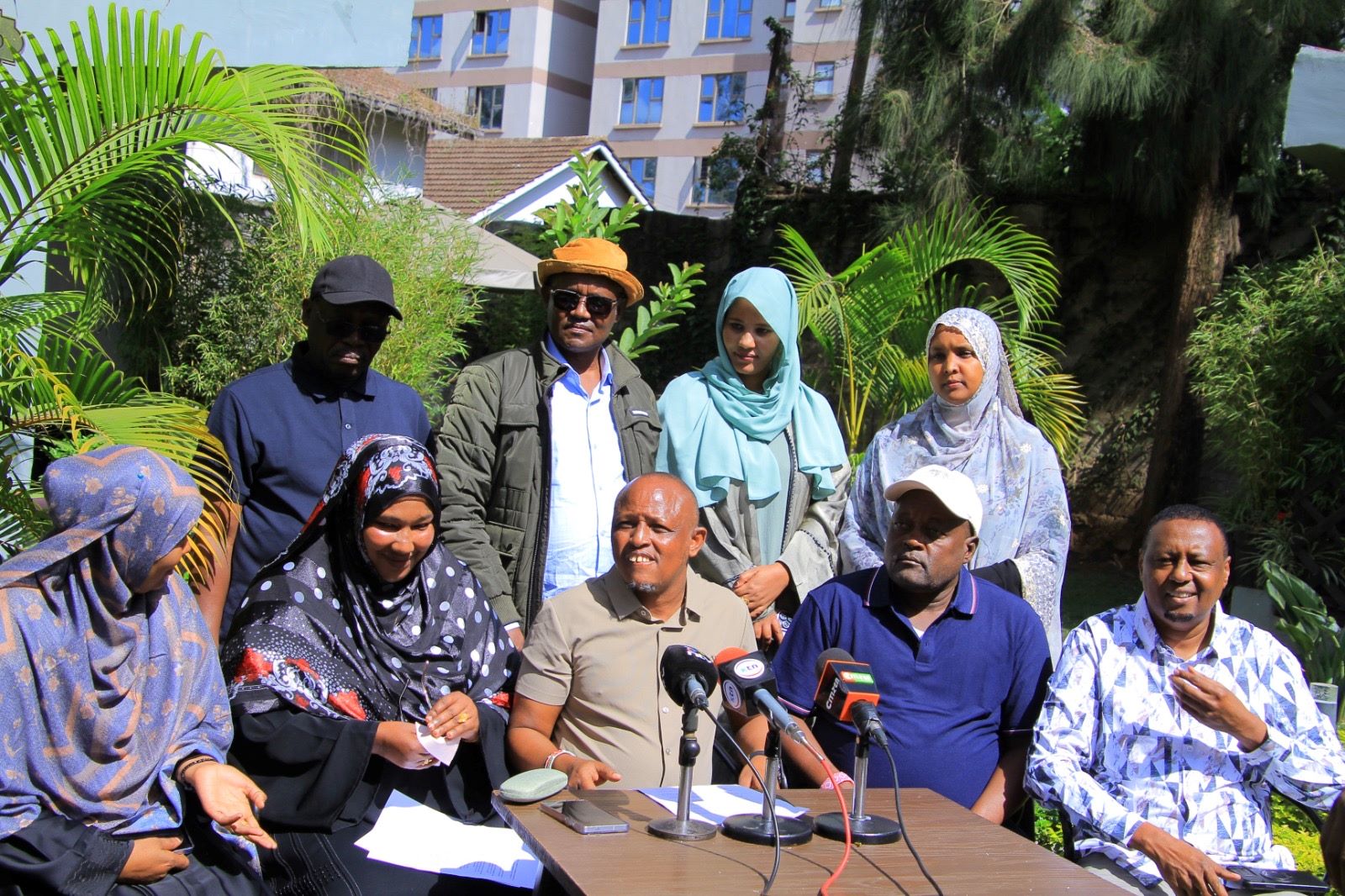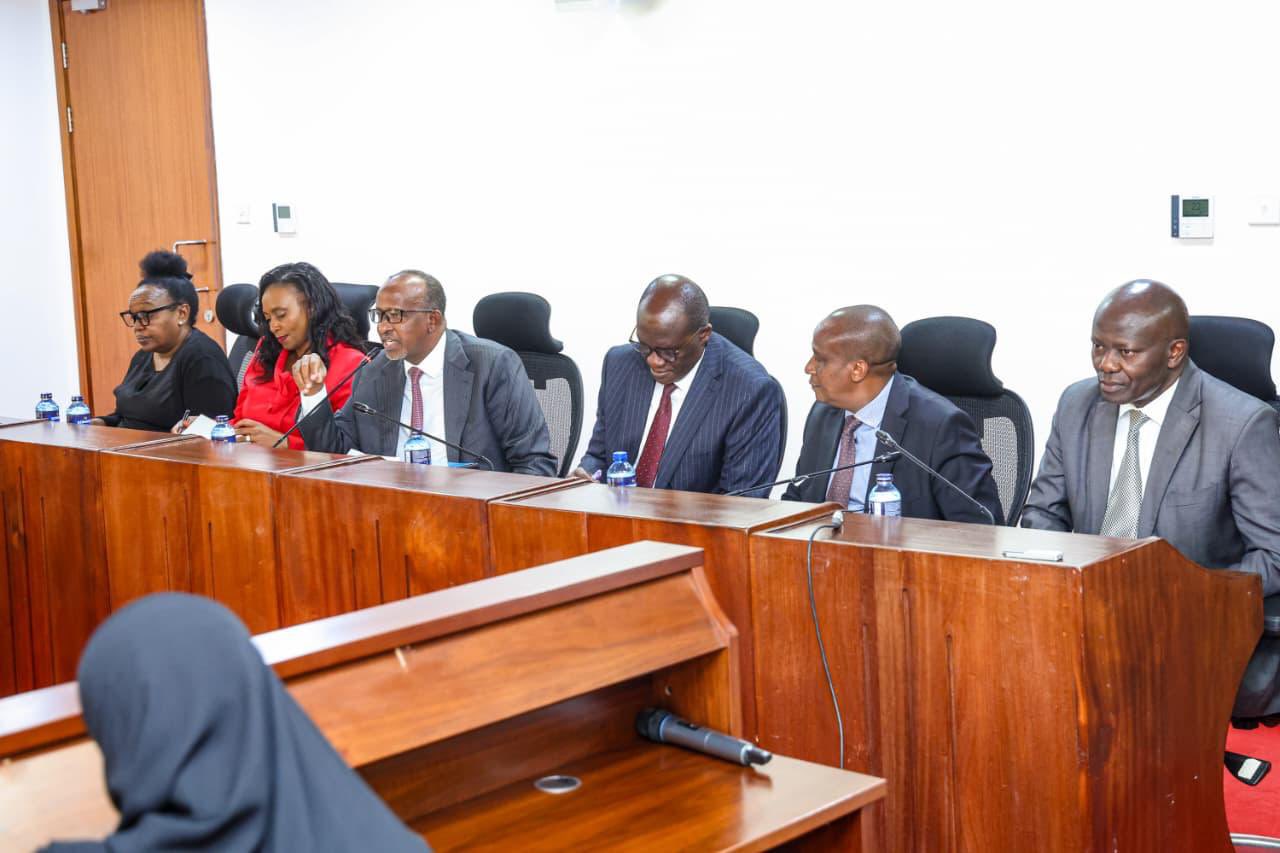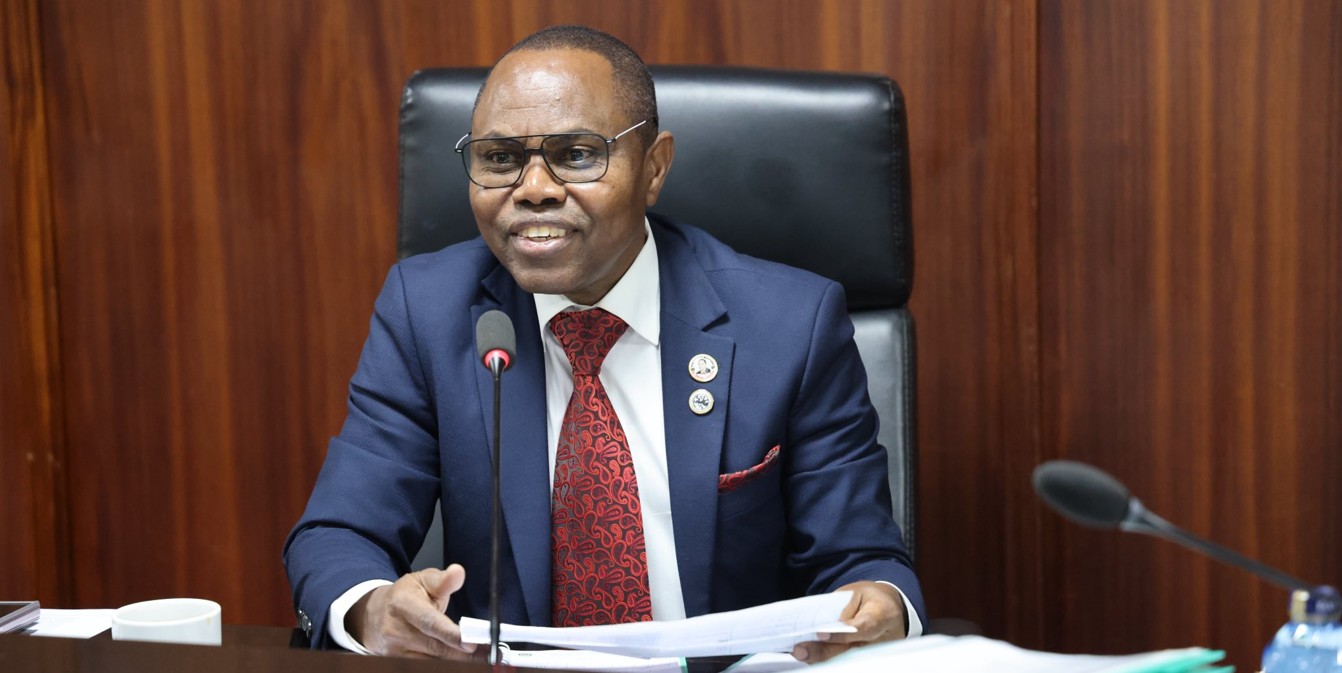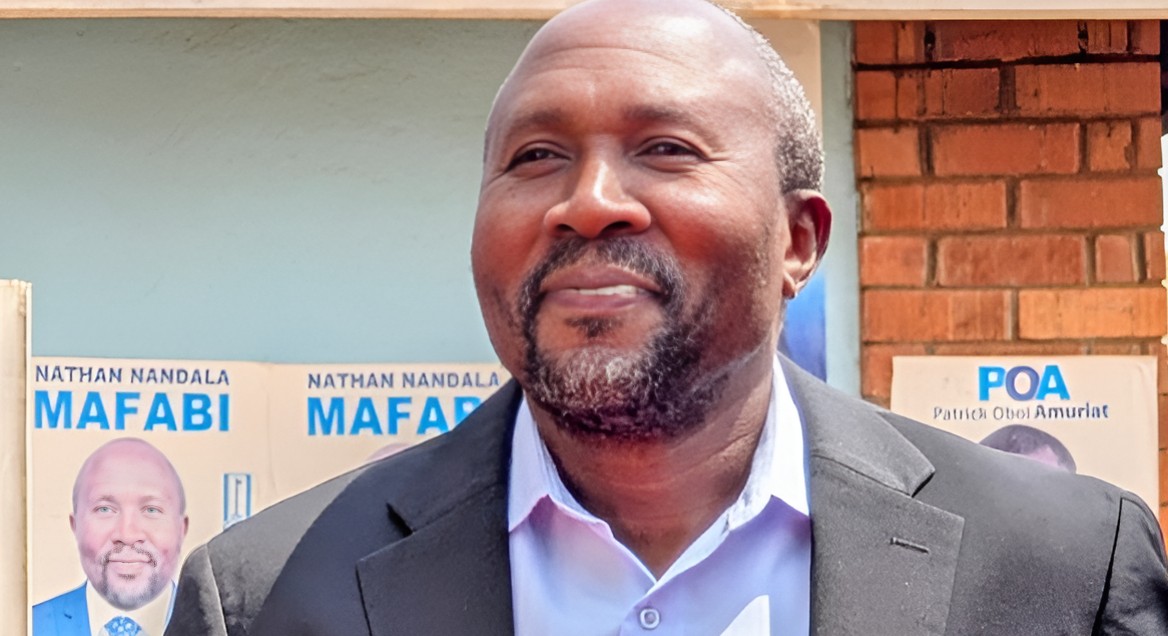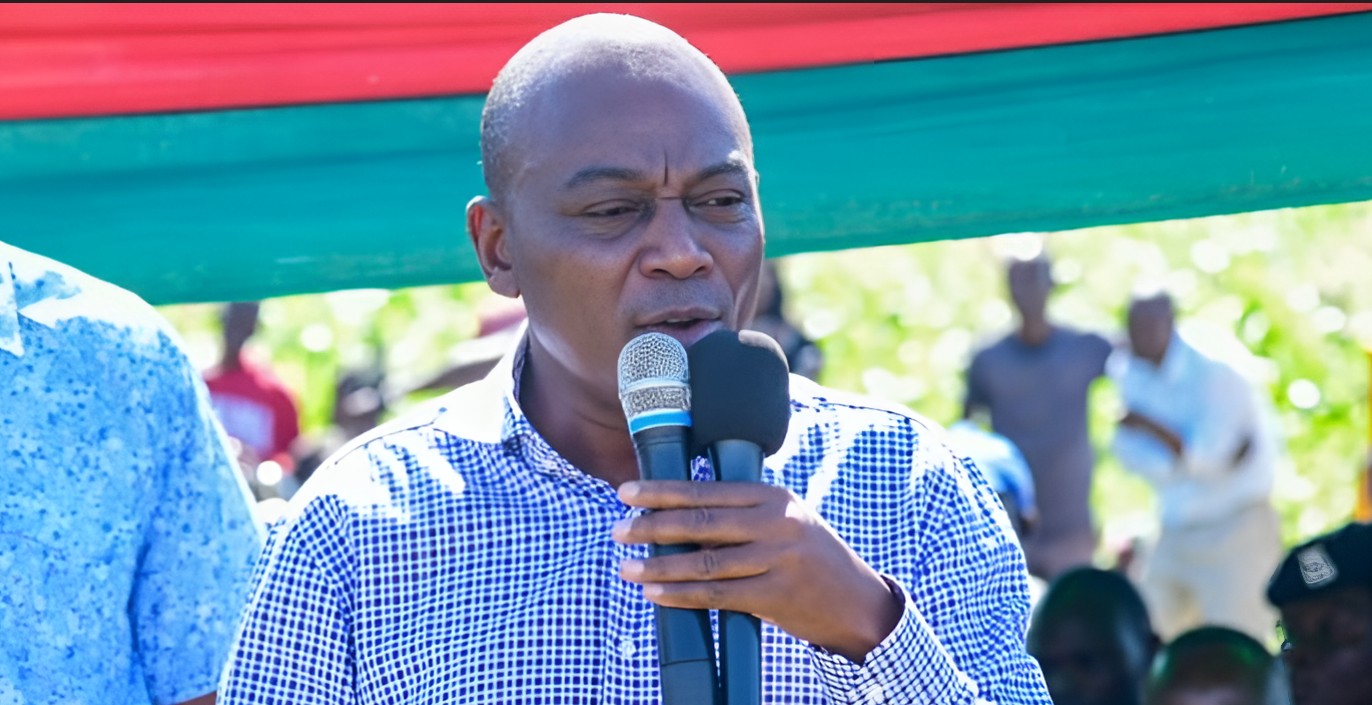Community elders and religious leaders in Garissa empowered on handling alternative justice system
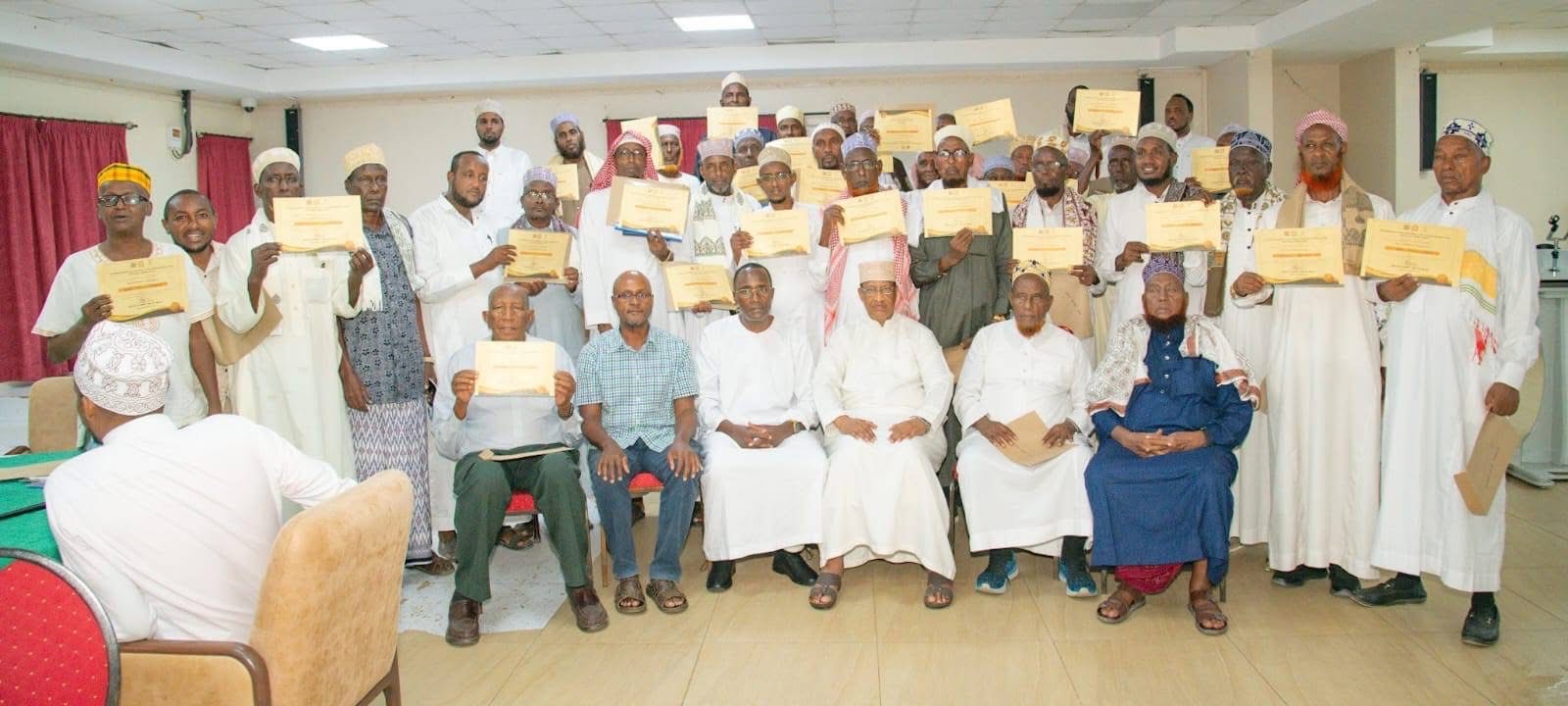
The training was initiated by the National Steering Committee on AJS, during which community and religious leaders were provided with the necessary tools to resolve disputes outside the formal court system, with the goal of improving access to justice.
More than 60 community elders and religious leaders in Garissa have completed a five-day training on the Alternative Justice System (AJS), aimed at equipping them with skills in community dispute resolution.
The training was initiated by the National Steering Committee on AJS, during which community and religious leaders were provided with the necessary tools to resolve disputes outside the formal court system, with the goal of improving access to justice.
More To Read
- Somali culture, wildlife and hospitality draw tourists to Garissa’s Bulla Adey village
- Garissa artisans equipped for housing project roles in youth job creation push
- Traders at Garissa’s Soko Mugdi market rise from ashes again as state plans modern upgrade
- Two dead in Garissa after IED blast along Ijara–Bodhai Road
- Garissa farmers count losses as recurring floods wipe out solar-powered farming dreams
- Garissa elders petition assembly to rename streets after eminent local leaders, cultural icons
Salah Maalim Hussein, a community elder who attended the training, said it had empowered them with practical skills to manage the community disputes they deal with daily.
“We gained a great deal from the training, which will enhance our efforts to dispense justice within the local community. We were educated on which cases we are permitted to handle and which must be referred to the formal courts,” he said.
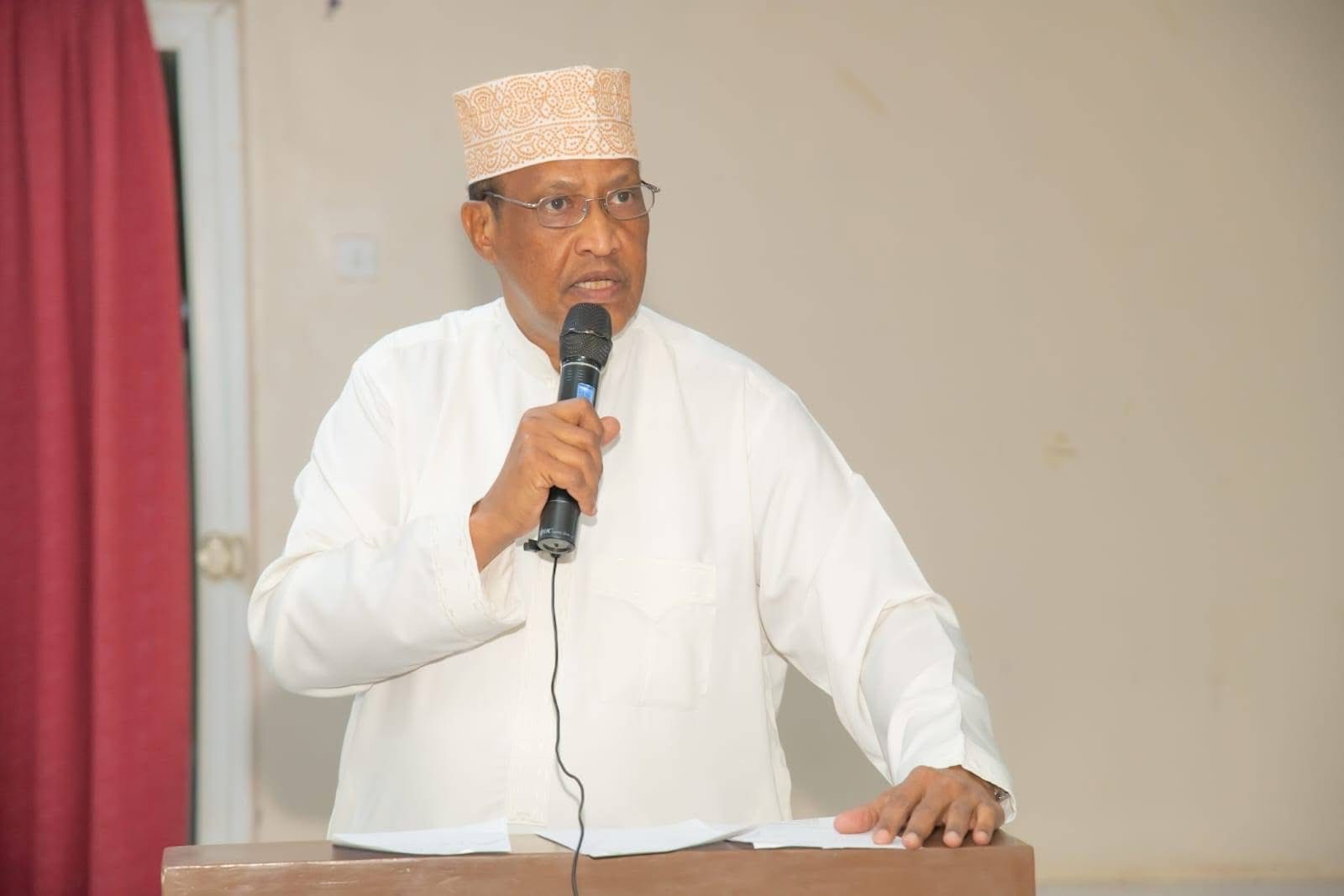 Garissa Governor Nathif Jama addresses the community elders and religious leaders during the official closing ceremony of the five-day training. (Issa Hussein)
Garissa Governor Nathif Jama addresses the community elders and religious leaders during the official closing ceremony of the five-day training. (Issa Hussein)
Hassan Abdi, a religious leader, expressed appreciation for both the training and the government's recognition of AJS as a legitimate justice delivery mechanism.
He noted that many locals preferred AJS due to its effectiveness and the fact that it is cost-free.
“Resolving community disputes has always been part of our traditional practice, passed down through generations. It is commendable that the government has now recognised the critical role played by elders and religious leaders,” he said.
Garissa Governor Nathif Jama, who officially closed the training on Friday, welcomed the initiative, stating that it would strengthen the delivery of justice at the grassroots level.
Governor Nathif announced that the county government had already renovated and fully furnished a courthouse within the Garissa Law Court premises, where elders and religious leaders will now be able to officiate AJS proceedings.
“AJS has proven to be widely accepted because of its traditional relevance and cost-effective approach to justice. We must support it collectively to help overcome delays in formal court processes,” he said.
Garissa High Court Judge John Onyiego praised the contribution of elders and religious leaders in providing AJS services, noting that their efforts had helped ease the workload in the formal judiciary.
He assured the community elders and religious leaders that the Judiciary will continue to support and work closely with them.
Top Stories Today
- Why Stephen Munyakho spent 14 years on death row despite 5-year sentence
- 'I lacked patience': Stephen Munyakho regrets fatal altercation in Saudi that changed his life
- Cold season pushes Kenya’s power demand to historic peak
- China flagged as key source of tobacco imports as Kenya imposes ban
- Section of Isiolo MCAs dismisses fraud claims in 2025/26 budget approval
- Somalia recognises SSC-Khatumo as federal state amid push for national unity
